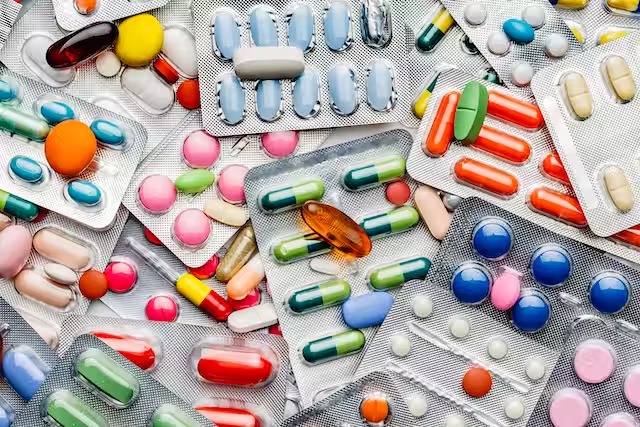In a recent revelation by the Ministry of Chemicals and Fertilizers to the Parliament, it has been disclosed that the quantity and value of bulk drug and drug intermediates imported by India, including from China, have witnessed a notable increase in the last financial year. The data presented this week indicates a growing dependency on foreign sources for pharmaceutical ingredients, with China being a significant contributor to this surge.
According to the information provided, the overall import of bulk drugs and drug intermediates, particularly from China, has shown an upward trend. Specifically, imports from China rose from 264,582 metric tons (MT) valued at ₹23,273 crore in the fiscal year 2021-22 to 300,120 MT valued at ₹25,551 crore in the fiscal year 2022-23.
The Minister of State for Chemicals and Fertilizers, responding to questions from Members of Parliament (MPs) in the Lok Sabha, acknowledged the country’s reliance on various countries, including China, for Active Pharmaceutical Ingredients (API) and other pharmaceutical products. The Minister emphasized that economic considerations play a significant role in these imports, with China being a major global producer of Key Starting Material (KSM) and APIs.
In light of the growing concerns about dependence on external sources, the Ministry highlighted that India also exported bulk drugs and drug intermediates worth ₹37,853 crore in the fiscal year 2022-23. Various measures have been initiated to reduce the country’s reliance on imports and boost domestic manufacturing.
One notable initiative is the “Scheme for Promotion of Bulk Drug Parks,” with a financial outlay of ₹3,000 crores and a tenure from FY 2020-2021 to FY 2024-25. This scheme aims to provide financial assistance to three states—Andhra Pradesh, Gujarat, and Himachal Pradesh—for establishing Bulk Drug Parks. The Ministry received proposals from 13 states, and after evaluation based on prescribed criteria, approval was granted for the establishment of Bulk Drug Parks in the aforementioned states.
The move underscores the government’s commitment to fostering indigenous manufacturing and ensuring self-sufficiency in the pharmaceutical sector. By encouraging the establishment of Bulk Drug Parks, India aims to enhance its capacity for domestic production of pharmaceutical ingredients, thereby reducing its dependence on foreign sources and bolstering the resilience of the pharmaceutical industry.

